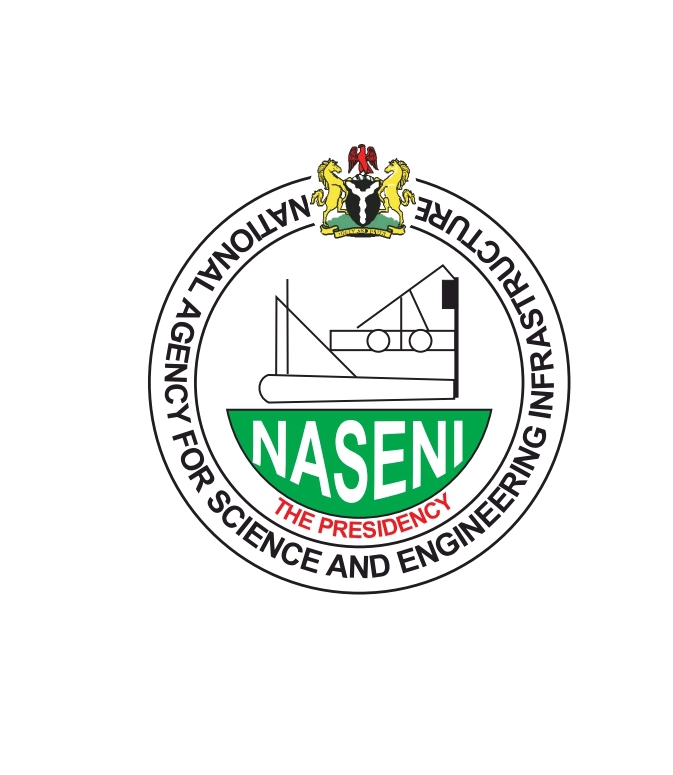
Nigeria’s National Agency for Science and Engineering Infrastructure (NASENI) is making a strong push to revive agriculture through its flagship NASENI Tractor Recovery Project. The agency has restored 375 tractors and deployed them in Borno State, demonstrating a clear intent to boost food production and strengthen community livelihoods in the region.
With this bold move, NASENI leads from the front by breathing life back into essential farming tools. These tractors were fully refurbished under the National Asset Restoration Programme, in partnership with MECA Africa. Each unit underwent mechanical, electrical, hydraulic, and structural upgrades and is now ready for use in the field.
The official launch took place on June 8, 2025, at the Borno State Agricultural Mechanization Authority in Maiduguri. Vice President Kashim Shettima and Borno State Governor Babagana Umara Zulum attended the event. NASENI’s Executive Vice Chairman, Khalil Suleiman Halilu, addressed the audience with clarity and confidence, setting the tone for national transformation.
Through this project, NASENI is putting refurbished assets back into the hands of farmers, driving mechanised agriculture forward. It supports President Tinubu’s Renewed Hope Agenda and aligns with national food sufficiency goals. More importantly, it shows Nigeria’s capacity to solve its challenges using local solutions.
But this initiative is more than just machinery—it’s a model for saving national wealth. By restoring idle assets instead of purchasing new ones, Nigeria saves trillions of naira. According to NASENI, the cost of restoration is just 15–25% of replacement value. In doing so, the agency recycles public resources, creates jobs, and conserves capital.
The project also energises rural economies and strengthens local capacity. Farmers gain access to modern tools, while markets benefit from increased supply. Youth are trained in machinery maintenance, allowing them to become stewards of the restored tractors—instilling both pride and ownership within communities.
NASENI is now lighting a path for similar interventions across the country. The agency has identified over 47,000 broken government assets nationwide and has a comprehensive plan to restore them. It aims to replicate Borno’s success in other regions, targeting not only tractors but also CNG systems, solar pumps, and other critical infrastructure.
This is leadership and innovation in action—igniting mechanised farming and showcasing the power of Nigerian engineering. It places science and technology at the heart of national strategy and aligns with both global and local development goals.
The project addresses hunger while reducing waste. By reclaiming neglected equipment, it revitalises agriculture with a focus on sustainability. At the same time, it encourages accountability by urging citizens to protect and maintain public infrastructure.
Through this initiative, NASENI has delivered more than tractors—it has delivered renewed hope. With vision, purpose, and action, the agency is steering Nigeria toward mechanised agriculture, food security, and rural prosperity.
Ultimately, the project sends a powerful message: Nigeria can restore what it owns and build what it needs. It sets a blueprint for asset recovery and national transformation. And it cements NASENI’s role as a leader in advancing a more secure, innovative, and productive future for all Nigerians.



